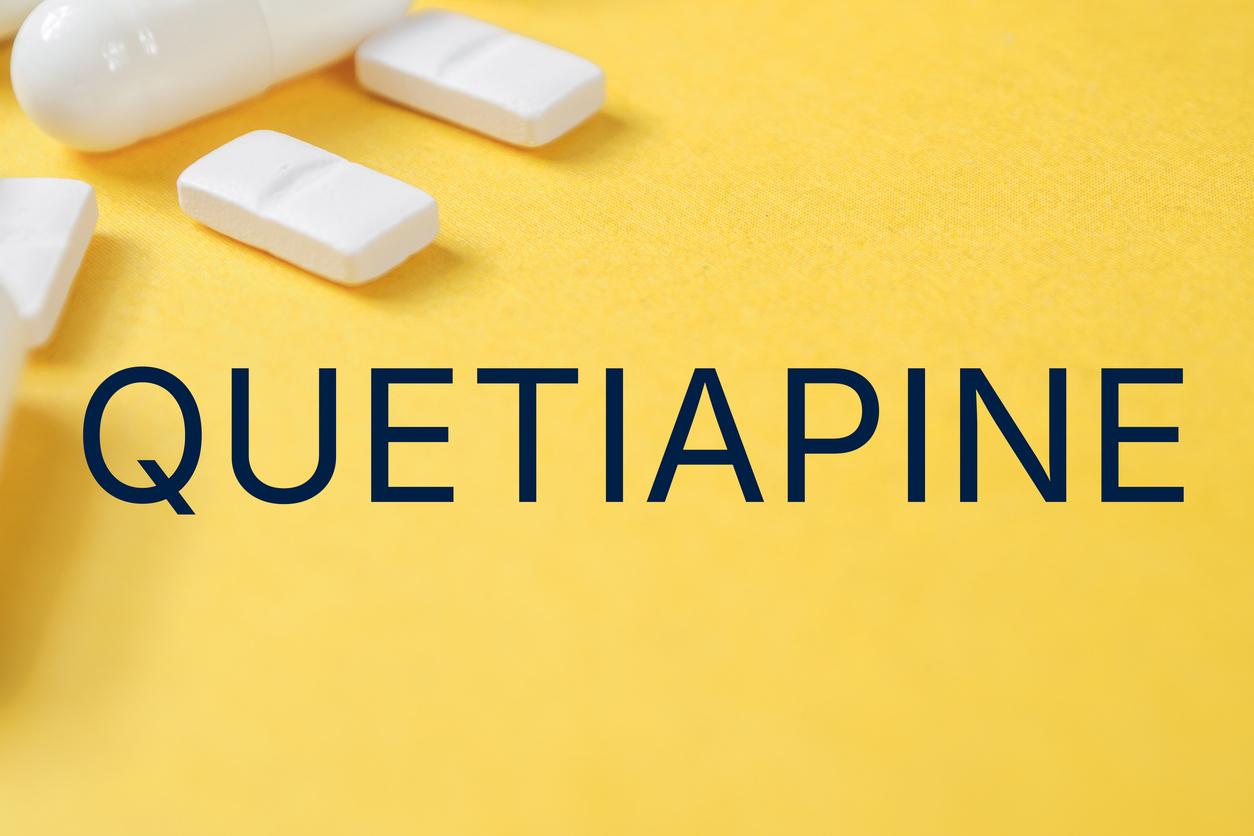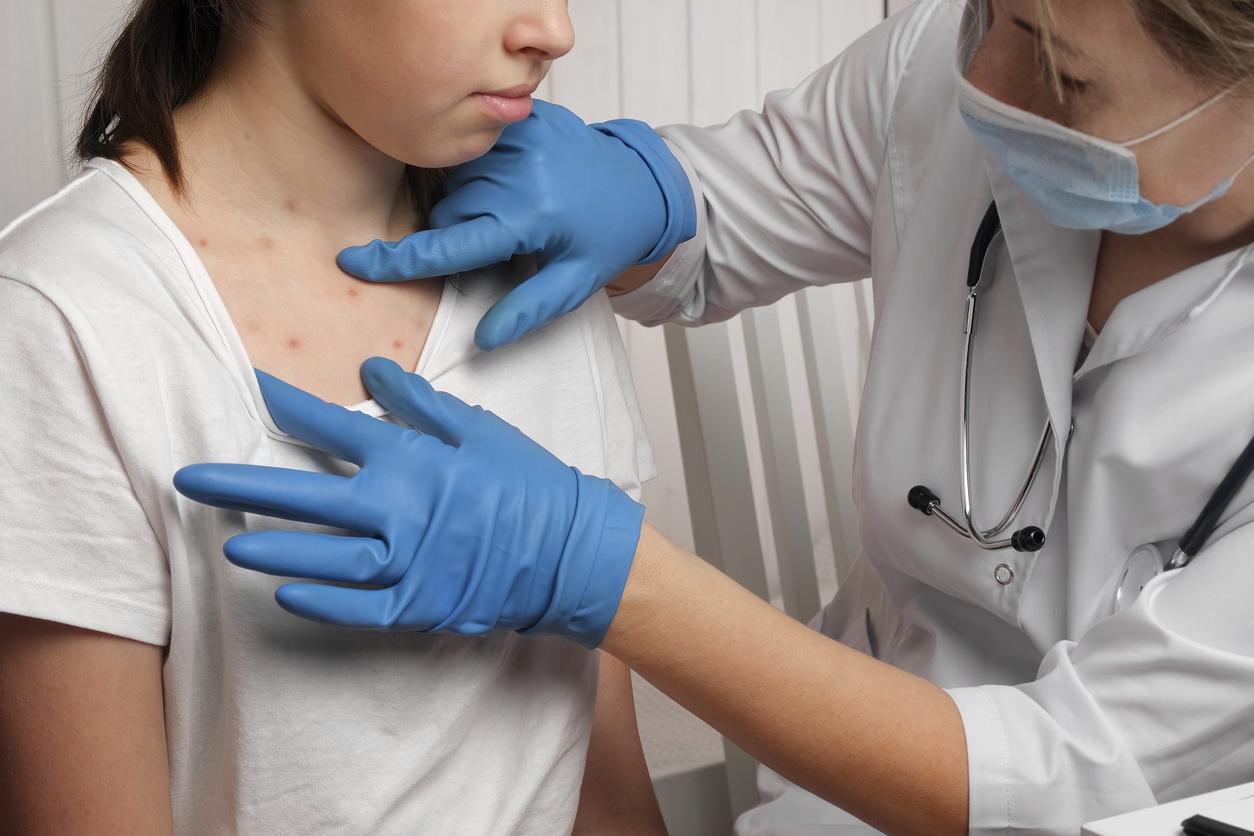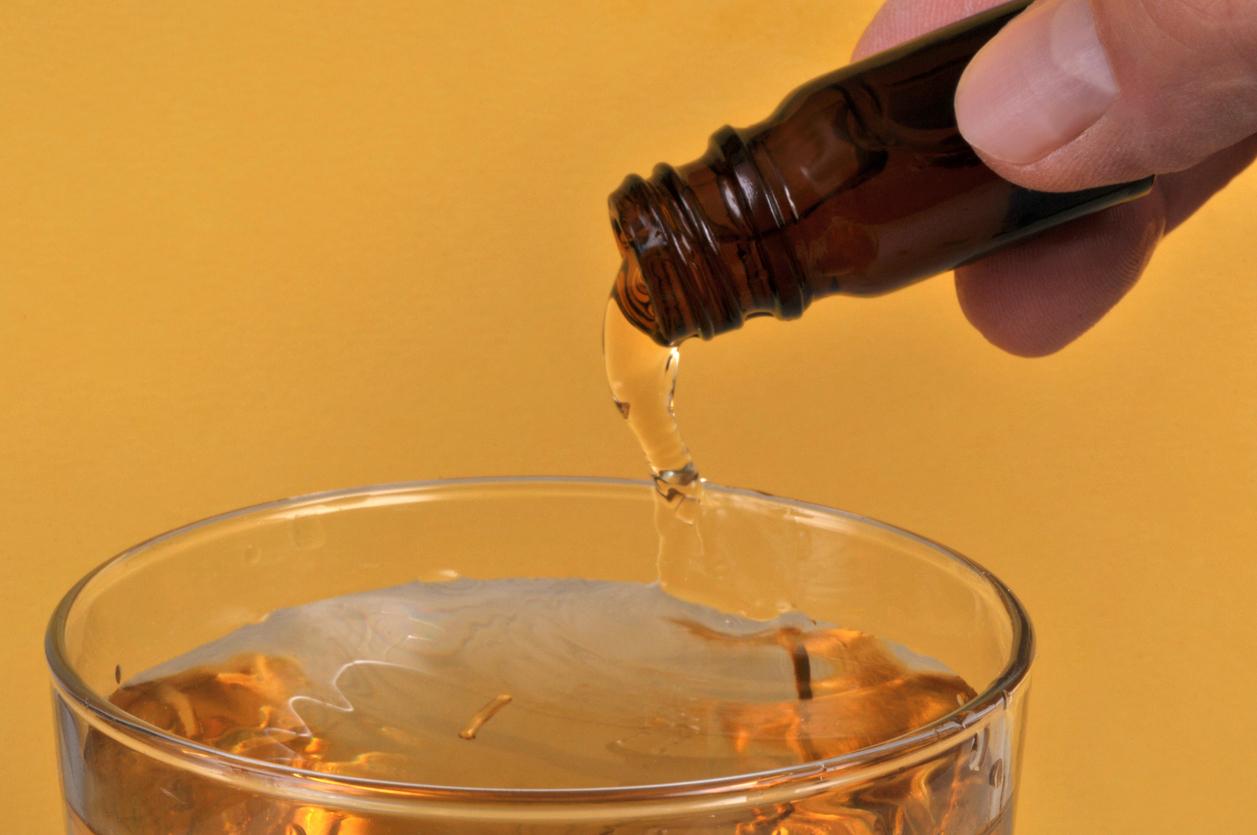Certain dental pastes used for devitalization could be quickly withdrawn from the market. The arsenic they contain would increase the risk of cancer.

To devitalize the teeth of their patients, dentists have several methods such as anesthesia, dental paste, lasers. In the near future, they will no longer be able to devitalize their patients’ teeth with certain types of dental paste. Two of these products have been questioned by the National Agency for the Safety of Medicines and Health Products (ANSM) for their dangerousness.
At the April meeting of the Committee for Medicinal Products for Human Use (CHMP), this committee of the European Medicines Agency (EMA) recommended revoking the marketing authorization for two dental pastes made from arsenic. On the basis of several studies, the CHMP concluded that the benefit / risk ratio of the product was negative due to its toxicity. This withdrawal, if validated by the European Commission, will be effective in a few months.
A risk of cancer
It was at the request of the ANSM that the European Agency had to rule on the dangerousness of Caustinerf arsenical and Yranicid arsenical. Last October, two studies carried out by laboratories marketing these products looked at the risks associated with the presence of arsenic. The results proved the genotoxicity of these dental pastes, ie their ability to negatively alter the genetic makeup of a patient. The genotoxicity of a product considerably increases the risk of cancer.
But that’s not all, the laboratories have also reported problems directly related to patients’ teeth. 12 cases of osteonecrosis were recorded. Osteonecrosis is the breakdown and death of tissue around bones such as teeth. For the most part, the condition appeared within 7 days of using these products.
After the publication of these studies, the ANSM submitted the October 11 a request for arbitration with the CHMP.
Alternative solutions
Pending the withdrawal of these products from the market, the ANSM recommends that dentists use all other available techniques to prepare patients for devitalization. These dental pastes that are applied around the tooth allow dentists to perform devitalization without any pain. Last October, the ANSM already recommended to favor local anesthesia followed by mechanical devitalization rather than these dental pastes.
.
















